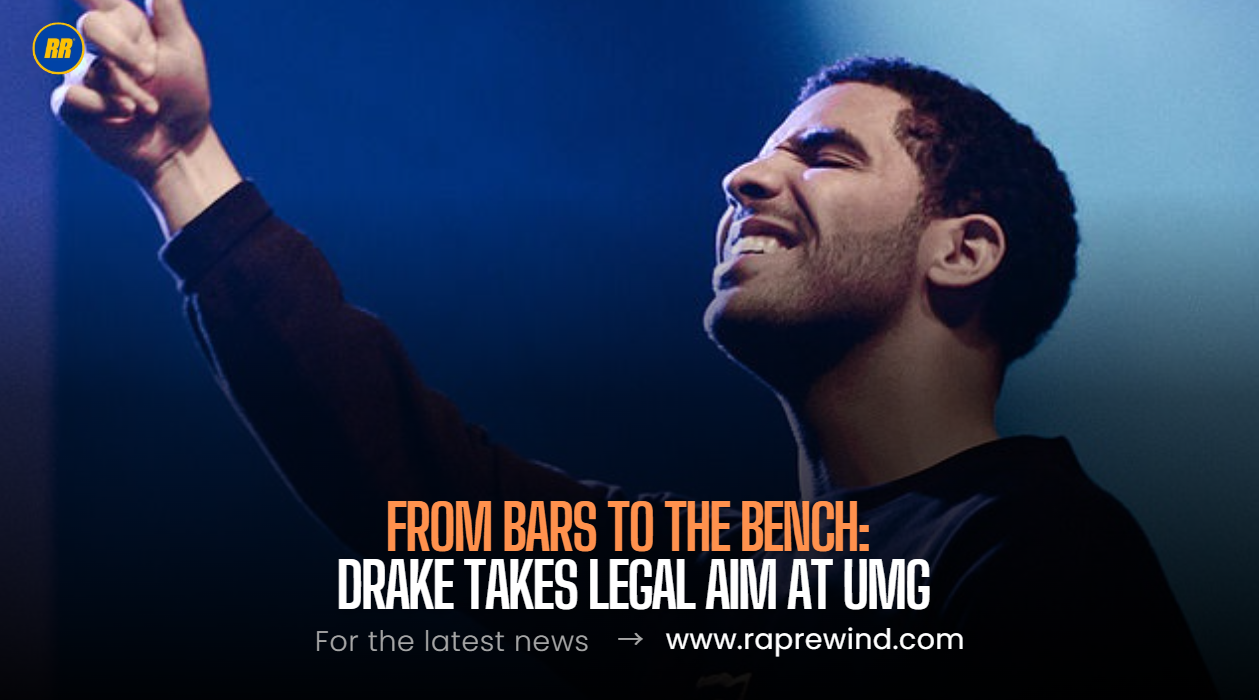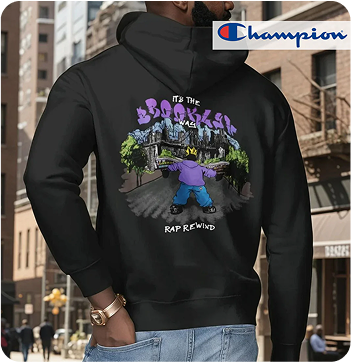When the Beat Drops in Court: Drake Sues UMG Over “Not Like Us” Fallout

In a year already packed with headline-grabbing rap feuds, few stories have shaken the music world like this one: Drake is suing Universal Music Group (UMG)—his own label—over the release and promotion of Kendrick Lamar’s viral diss track, “Not Like Us.”
At the heart of the lawsuit? A brutal lyric and a bold claim: that the label not only let it happen but actively fueled it.
The Background: From Battle Bars to Courtroom Briefs
The diss track in question, “Not Like Us,” was Kendrick Lamar’s scathing response to Drake in their escalating lyrical feud. It became an instant cultural moment, topping charts and racking up Grammy nominations.
But not everyone is celebrating.
Drake claims that the track’s lyrics go beyond the acceptable boundaries of rap battles and veer into outright defamation. Specifically, he takes issue with this line:
"Say Drake, I hear you like 'em young ... Certified Lover Boy? Certified pedophile."
Drake’s lawyers argue that the implication is not metaphorical—it’s a serious, damaging accusation that has led to real-world consequences, including threats to his safety and home security breaches.
What Drake Is Alleging
The lawsuit, filed in April 2025, accuses UMG of:
-
Negligence for allowing the release and promotion of lyrics that Drake calls “false and defamatory.”
-
Profiting from controversy at his personal and professional expense.
-
Endangering his safety by amplifying a message that triggered targeted threats and trespassing incidents.
He’s seeking damages, full access to UMG’s internal communication regarding the song, and public clarification distancing the label from the claims in the track.
UMG’s Counter: “This Is Hip-Hop”
UMG responded swiftly, filing a motion to dismiss the case. Their argument? Diss tracks are a fundamental part of hip-hop’s legacy.
The label insists the lyrics in “Not Like Us” are protected speech—just artistic expression. One anonymous executive was quoted saying, “Drake lost the battle in the booth. Now he’s trying to win it in a courtroom.”
To them, the lawsuit is an attack on creative freedom, not a valid case of personal defamation.
The Bigger Picture: Can a Diss Track Go Too Far?
This legal showdown raises an urgent and controversial question:
When does lyrical warfare cross into legal territory?
Hip-hop thrives on competition, bravado, and personal jabs. But Drake’s lawsuit forces the industry—and the courts—to consider whether there’s a limit. Can record labels be held responsible for the content they distribute? And can artists be sued for “bars” if those bars are viewed as factual accusations?
The case could reshape not only artist-label relationships but also the way diss tracks are written and released in the future.
What Happens Next?
The court has not yet ruled on UMG’s motion to dismiss. If the case proceeds, it will likely become a landmark legal battle—one that sets new rules for the business of music, reputation, and free speech.
Regardless of the outcome, one thing is certain: this is no longer just a hip-hop beef.
It’s a high-stakes, high-profile courtroom battle that could change the game entirely.
Image: Drake at Bun-B Concert 2011 by thecomeupshow is licensed under CC BY 2.0
- A$AP Rocky: From Red Carpet to Studio – What’s Making Waves Today
- Suge Knight Leaks Chilling Details About the Night He Was Ambushed (VIDEO)
- Playboi Carti’s Antagonist Tour Is Finally Back On
- Suge Knight SPEAKS OUT: ''It was REVENGE for 2Pac's Murder'' (VIDEO)
- Cardi B Faces $24M Assault Trial: Inside the Courtroom Drama
- Snoop Dogg FINALLY Tells What REALLY Happened in 1993 (VIDEO)

